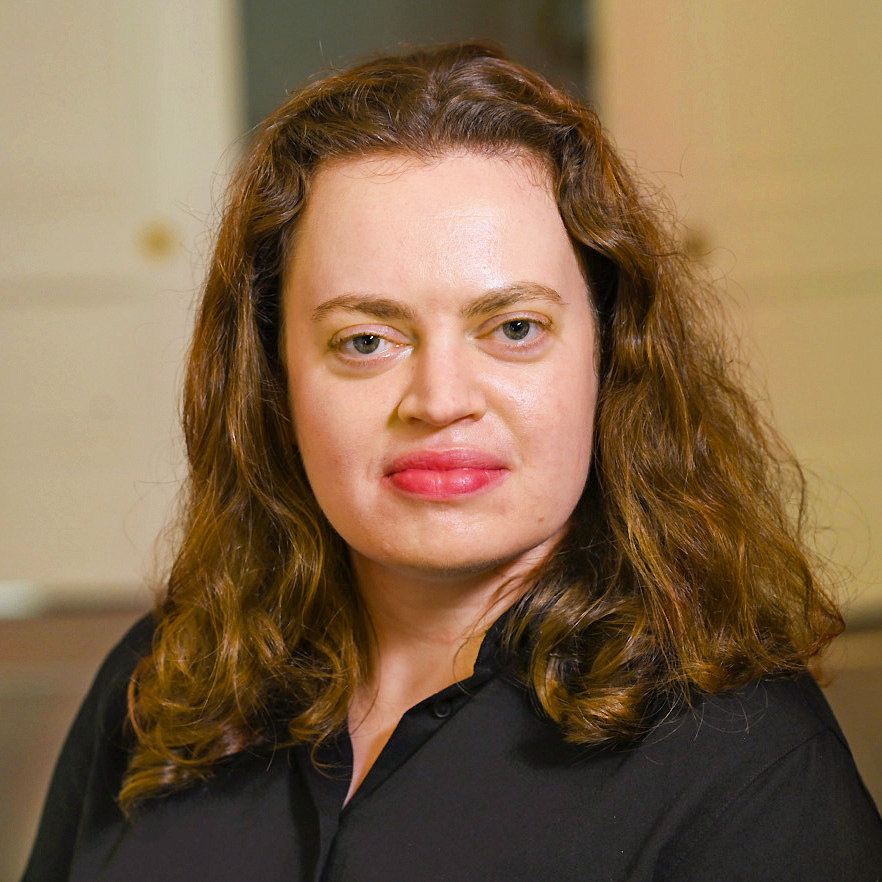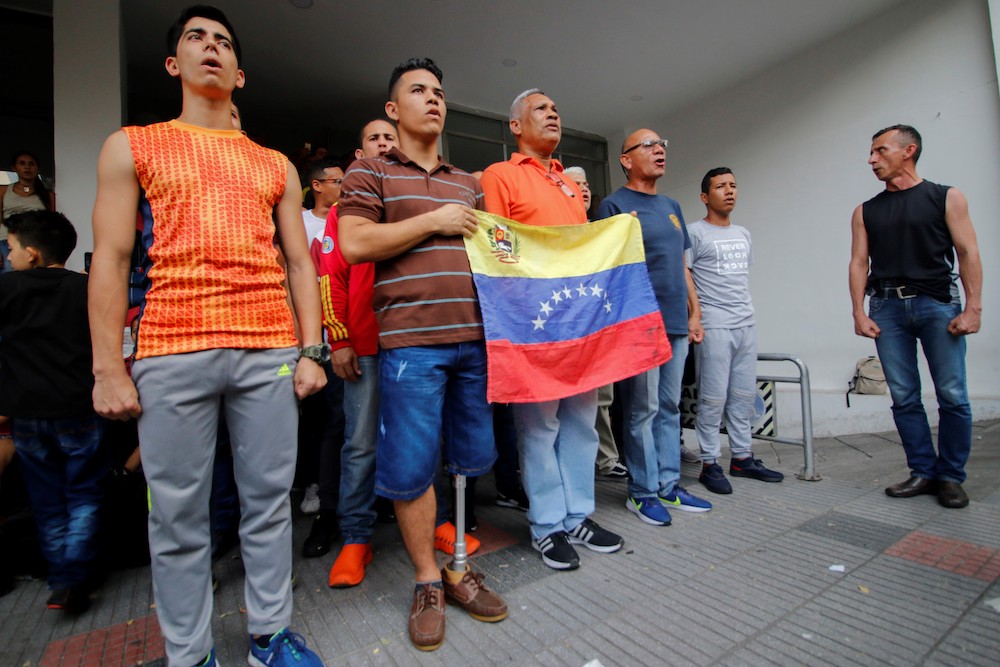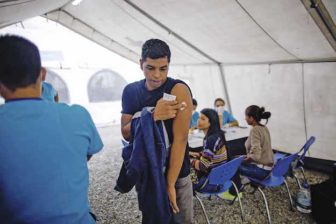This article is adapted from AQ’s special report on Latin America’s armed forces.
Discontent in Venezuela’s armed forces is high, with hundreds of military members leaving the institution in recent years. Lieutenant Colonel Carlos José Montiel López is one of them. He deserted the army in 2018 after participating in Operation Constitution, a failed attempt among factions of the military to overthrow the government. Montiel López describes his decision as an act of loyalty to his country, given conditions under dictator Nicolás Maduro. AQ spoke with him by phone from Miami, where he now lives in exile, about the state of the military today.
The following interview has been edited for clarity and length.
Americas Quarterly: Can you describe your military career?
Lieutenant Colonel Carlos José Montiel López: I can divide my army experience into two stages: before and after Hugo Chávez.
I graduated from the military academy in 1999, with a specialization in engineering. I studied for five years, under an anti-communist doctrine within a 100% democratic system.
Chávez was inspired by the Cuban military. Starting in 1999, he made changes to the military’s structure, increasing the number of generals to over 800 as part of doctrinal changes.
Today the National Bolivarian Armed Force doesn’t get any respect from the Venezuelan people, which is not how it was during the Chávez years. Now in Venezuela, soldiers cannot wear their uniforms on the street. They are mocked, yelled at, told to respect the uniform. This is the reality.
AQ: Why did you decide to desert?
ML: I swore an oath of loyalty to my homeland. We have to defend the constitution and the entire population. This oath broke apart when the constitution we were meant to defend was practically violated.
I was the director of a unit and, as a leader, I was doing extremely well. But the food supply in our barracks began to run out. If soldiers didn’t have food and adequate clothing, what could this mean for the population at large?
Because of all these irregularities, I got together with many colleagues that thought the same way. We started to prepare.
AQ: What was the plan?
ML: A checkmate, like in chess. We were planning on preventing the fraudulent 2018 presidential election from taking place. But we were betrayed, and some of us were imprisoned.
I took my family out of Venezuela and went to Colombia with only the clothes on my back. In Bogotá, I met Venezuelan Colonel Oswaldo García Palomo, who was part of the plan, Operation Constitution, that involved the army, navy, air force and the national guard. I returned to Caracas to begin Operation Constitution, but a traitor sold us out. Colleagues were captured and tortured and are now in Ramo Verde [military prison].
I thought I could do more by avoiding capture and came to the U.S.
AQ: Does the military support Maduro’s government?
ML: Generally speaking, it does not. The government has the support of the generals — that’s why Chávez increased their numbers. They are the main beneficiaries of this government.
In the lower ranks there is a lot of fear. Cuban intelligence agents have infiltrated the military. If they see anything suspicious, they report it immediately and investigate. And they do not hesitate to remove suspects permanently and violently.
Troops don’t dare do anything — they are constantly evaluated and monitored. Calls are wiretapped. Any person suspected of acting against the regime is immediately detained and questioned.
I can assure you that a large percentage of lower-ranking officers is against the government’s activities. They know the government is violating the constitution, which we swore to uphold.
All active officers that are not doing anything against this narco-regime are just its accomplices. The high-ranking generals are all involved in corruption, and it’s in the government’s best interest to serve them well. Low-ranking soldiers must obey their superiors’ orders or be punished, but nothing lasts forever. Their days are numbered.
—
Sweigart is an editor for AQ









